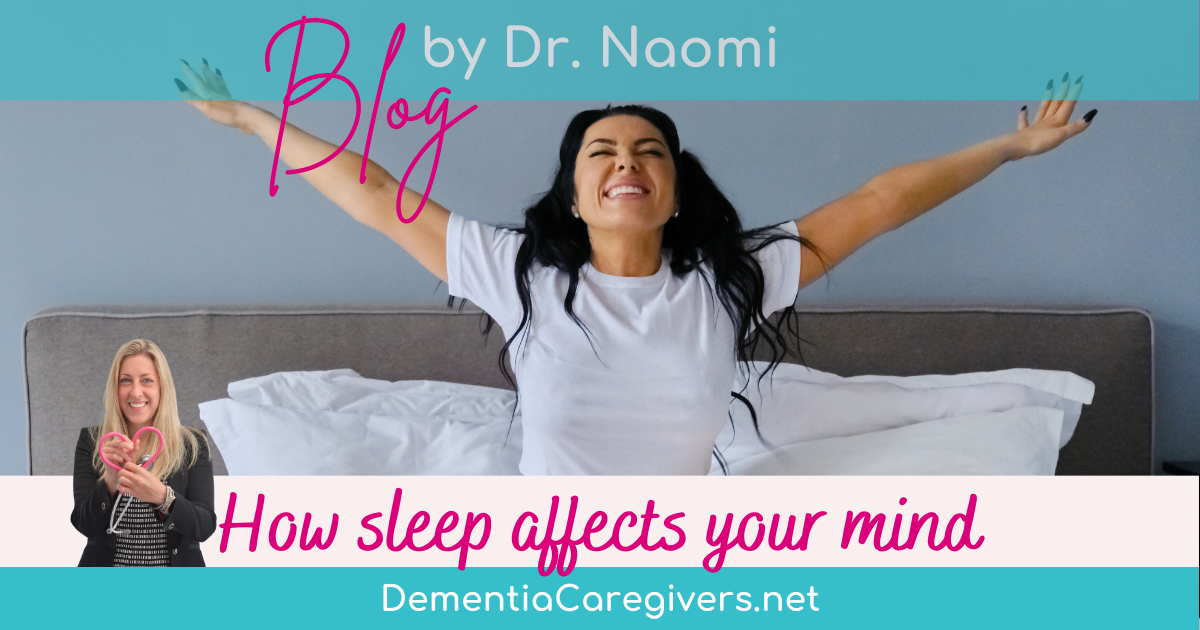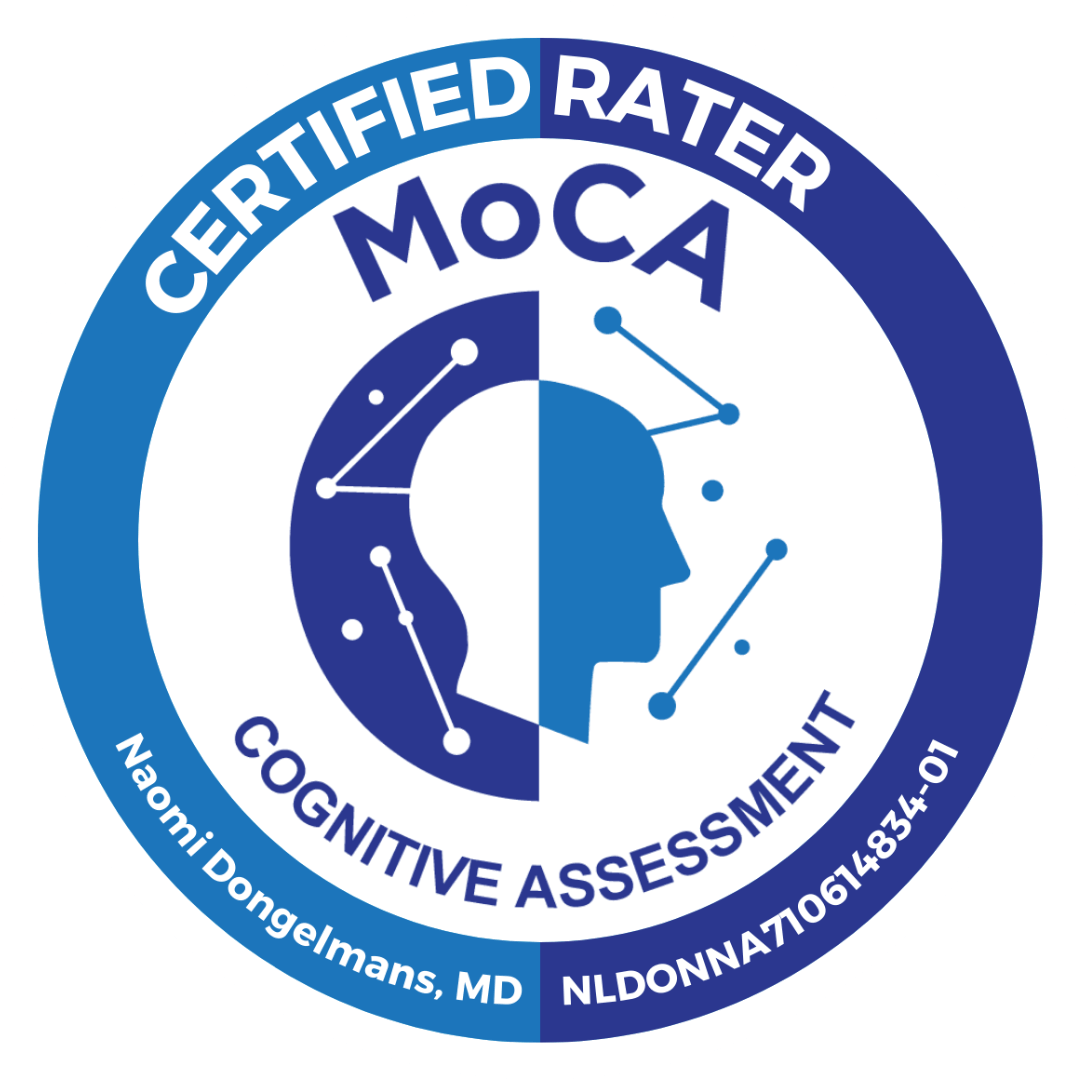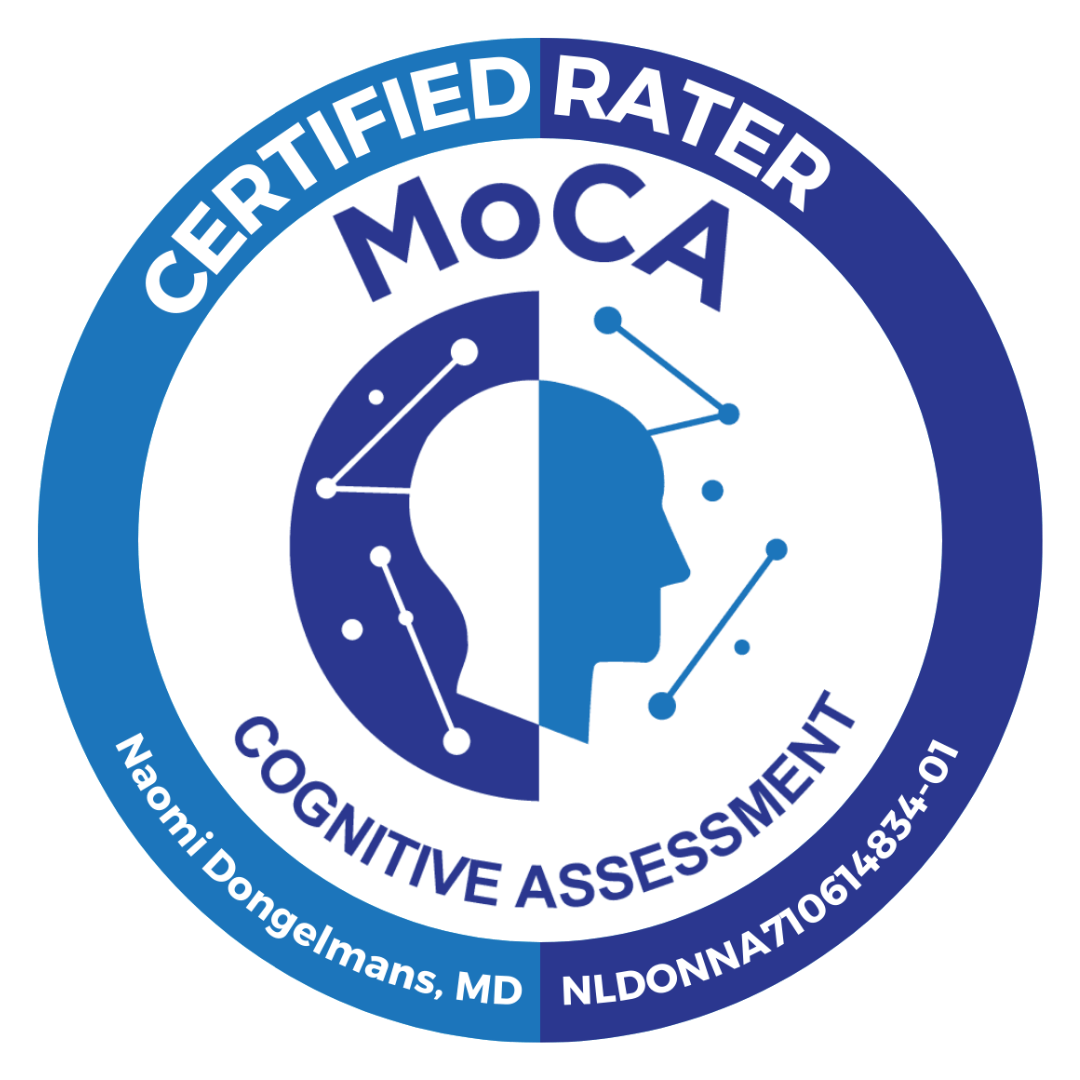
The amount of sleep you get has a big impact on your mind. When you get the right amount of sleep, you will be more alert and able to make better decisions. However, if you don't get enough sleep, it can affect your ability to think clearly, make good decisions, and manage your emotions. This is often referred to as "fogginess."
Three ways how lack of sleep can affect your mind
- Slowing down your thought processes and making it harder to focus and pay attention.
- Impairing your memory, making it more difficult to remember and find things.
- Making it harder to learn new information and retain it for later use.
Sleep deprivation can also lead to slower reaction time, making it harder to make quick, gut-feeling decisions and stay safe. In order to have a healthy mind, it's important to get enough sleep. When you do get enough sleep, you'll be more alert, able to recall memories and information, think and communicate clearly, and learn new things easily.
Good sleep equals a good mind
Having a good night's sleep is essential for maintaining a clear and alert mind. When you sleep well, you wake up feeling refreshed and energized, and you are able to focus and think clearly throughout the day.
Additionally, good sleep can improve your memory, problem-solving abilities, and ability to communicate effectively. It can also help you to retain new information, making it easier to learn new things. Overall, good sleep is crucial for maintaining a healthy mind and good cognitive function.
How much sleep do you need?
 While there is no one-size-fits-all answer, the National Sleep Foundation recommends that adults aim for 7-9 hours of sleep per night. And while your personal sleep needs may vary, it's important to pay attention to how you feel during the day. If you're consistently feeling tired or "foggy," it may be a sign that you're not getting enough sleep.
While there is no one-size-fits-all answer, the National Sleep Foundation recommends that adults aim for 7-9 hours of sleep per night. And while your personal sleep needs may vary, it's important to pay attention to how you feel during the day. If you're consistently feeling tired or "foggy," it may be a sign that you're not getting enough sleep. For more detailed information and how to review your sleep, check out my other blog Understanding your personal sleep needs.
To ensure that you're getting the sleep you need, there are several things you can do. Start by creating a consistent sleep schedule and sticking to it as much as possible. Avoid caffeine and heavy meals close to bedtime, and create a relaxing bedtime routine to signal to your body that it's time for sleep. Additionally, make sure your sleeping environment is conducive to sleep by keeping your bedroom dark, quiet, and cool.
Conclusion
In conclusion, the amount of sleep you get has a big impact on your mind. Getting enough sleep can help you to feel alert, think clearly, and make better decisions. On the other hand, lack of sleep can lead to negative effects on your cognitive function, memory, reaction time and overall well-being. Make sure you're getting enough sleep and if you're experiencing problems, don't hesitate to talk to your doctor.
FREE 📘 e-book about SLEEP 👇
Ready to hack your way to better sleep? Download my FREE e-book:
now and learn easy and effective strategies to improve your sleep quality and wake up feeling refreshed and rejuvenated!



















0 Comments